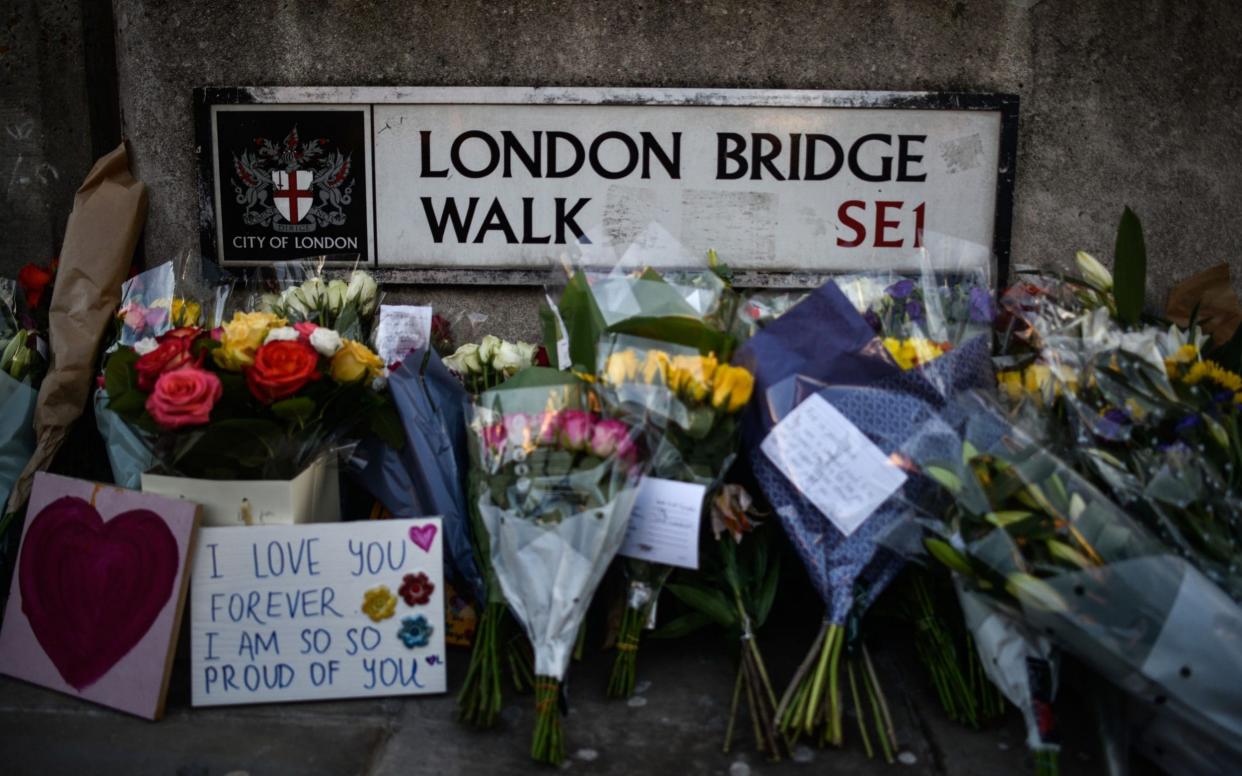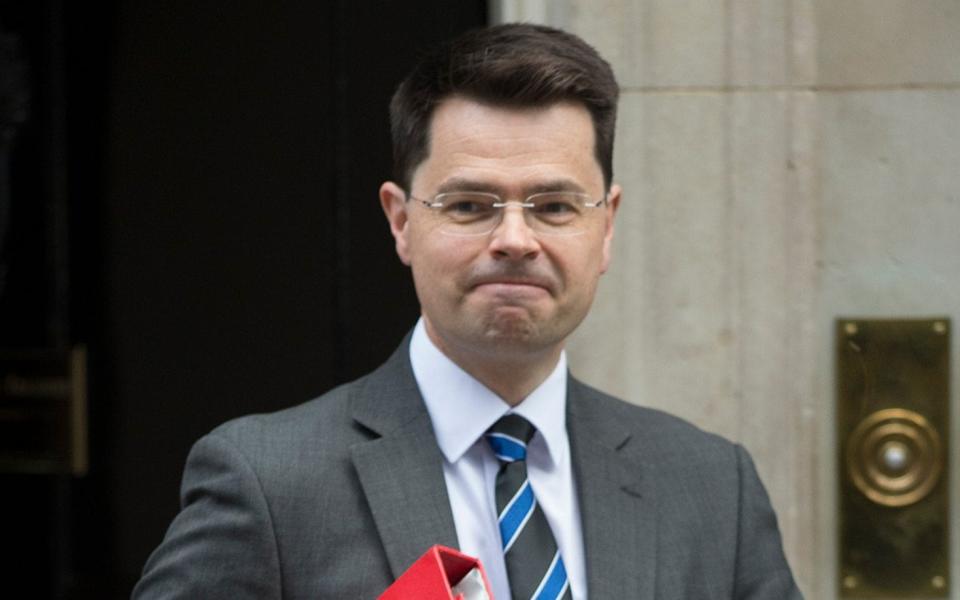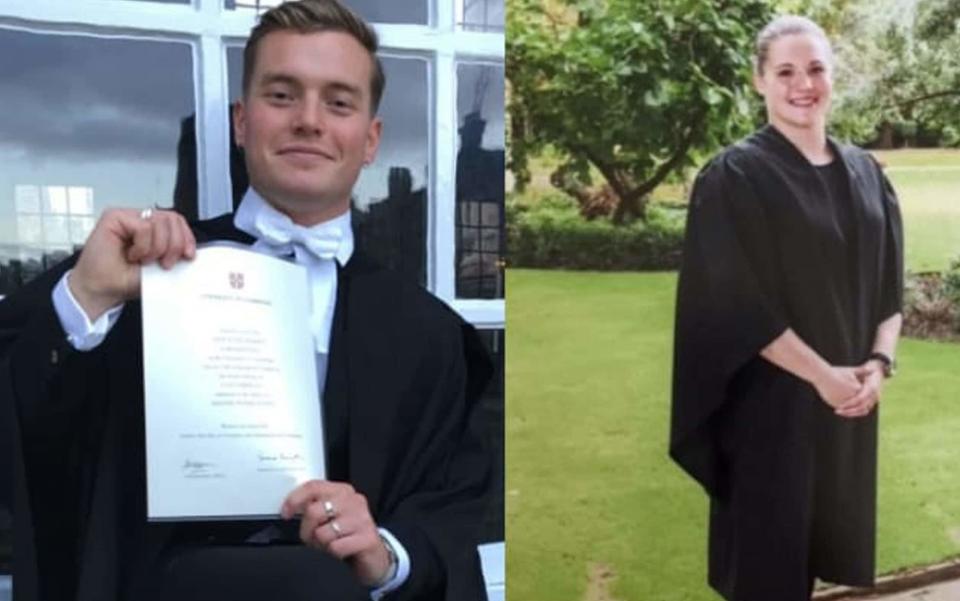Anti-terror referrals for Islamists up for first time in four years

Prevent referrals for Islamist extremism have risen for the first time in four years after the London Bridge and other terror attacks sparked “copycat” extremism.
The number of people flagged to the Government’s anti-terror Prevent programme for Islamist extremism increased by six per cent to 1,487 in the year to March 2020, the first rise since 2016.
Counter-terrorism experts believed it could be linked to the attacks last year on London Bridge and in Streatham which could have inspired an uptick in extremism and surge in activity by law enforcement and other agencies.
There were a total of 6,287 referrals to Prevent between April 2019 and March 2020, up 10 per cent from a record low of 5,737 the previous year.
The number of Prevent referrals for concerns over right-wing extremism dropped very slightly in the latest year, to 1,387 from 1,388 in the 12 months to March 2019.
It came as social media firms were warned they face legally-enforced codes to prevent and remove terrorist and child abuse content online under new 'duty of care' laws to be announced next month.
James Brokenshire (below), the security minister, said the Government will publish the interim codes setting out “what companies should be doing now to address child sexual exploitation and abuse as well as terrorist content and activity".

These will then become part of the new duty of care laws when passed by Parliament next year, enforced by the regulator Ofcom with powers to issue multi-million pound fines and shut down services that breach the regulations.
Speaking at an online Rusi event, Mr Brokenshire said the explosion in social media in the past decade posed new challenges to law enforcement and intelligence agencies.
He said it had provided a means for extremists to challenge mainstream messaging and promulgate "twisted perversions of the truth" which could take young people vulnerable to radicalisation down a “potential pathway to violence".
"We expect social media companies to play a role in identifying and flagging both illegal glorification content, and the potential terrorist grooming of vulnerable individuals.
"That is why we are so concerned when companies such as Facebook take a unilateral decision to apply end-to-end encryption, in a way that wholly precludes any access to the content of users messages.”

The UK has led criticism of Facebook for its plans to encrypt messages, which will deny law enforcement agencies access to suspect accounts and could prevent even the tech giant from seeing suspicious communications that it would previously have passed on to police.
"These companies must continue to take responsibility in tackling illegal behaviour. And we remain committed to working with them to ensure we continue to protect the public, without compromising user privacy,” said Mr Brokenshire.
“This Government is committed to making the UK the safest place to be online. Through the introduction of new legislation, we will establish a legal duty of care on companies towards their users overseen by an independent regulator.”

